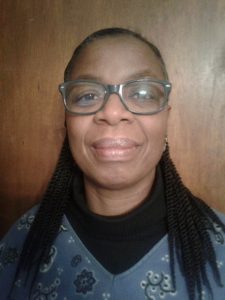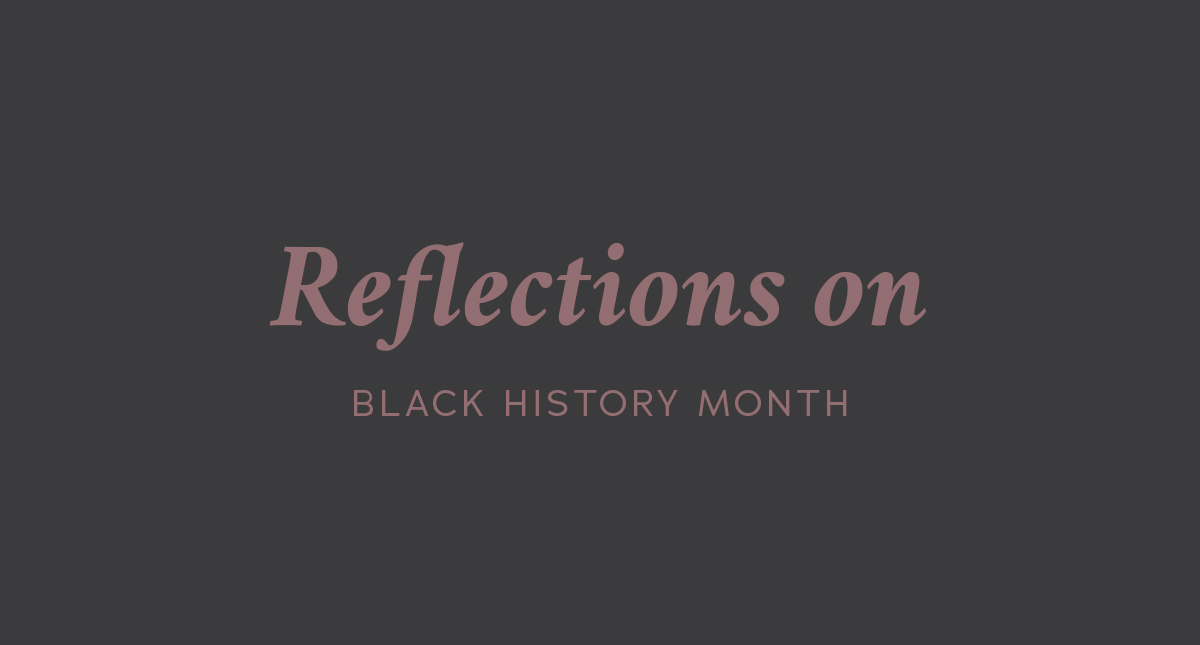Contact Us
Black History Month is annual month long event in February that has been in place since 1976. The focus is to set aside time to observe significant accomplishments of African Americans in the USA. Here are a few collective voices of black mothers answering what Black History Month means to them as a mother and a woman of color? Their responses provide a varied viewpoint, but tell a collective depth into these hearts of this sampling women of color.
Tanisha Agee-Bell, mother of 5 children
I grew up in Boston, the daughter of a teacher, who was tasked with helping integrate Boston Public Schools, through forced teacher placement. I am a child of forced elementary school busing, from my black and Latino working class neighborhood, to a predominately white and Jewish middle class suburb. I am the product of an exam school, classical curricula education. The best and brightest, from every race, ethnicity and socioeconomic class, were thrown together in an ultra-competitive sink or swim environment, and expected to build relationships and grow up together.
When you grow up living black history, the celebrations around you often become stale and little more than rituals carried out by well meaning (or maybe just obligated) white people, or grandiose displays by churches and politicians with agendas in the black community. MLK, Rosa Parks, Harriet Tubman, Frederick Douglass – the standard black heroes paraded out on billboards, in classrooms and at company assemblies to placate the masses and to prove they are “not racist.”
But as a black person, it has always been important to me to know the truth of my people, our greatness and the systemic injustices we have endured, and to work to make sure I didn’t hold our story completely separate from the story of the country that was built on the backs of my ancestors. Henry Box Brown, Mary McLeod Bethune, Denmark Vesey, Nat Turner, Juneteenth, Alice Parker, The Massachusetts 54th, Buffalo Soldiers, The Tuskeegee Airmen, Thurgood Marshall, Sadie TM Alexander, Barbara Jordan, John Lewis, Mae Jamieson and Condoleezza Rice are easy places to start, because their stories seamlessly flow into the “American” narrative. Their stories are the American story: pain, struggle, perseverance, self-doubt, encouragement from a support system, strength and passion. They aren’t the exception like some anomaly we have to dig deep to find, but in celebrating them we see that the entire story of African descended people in this country is one that is wholly American. Twenty-eight days has never seemed adequate enough to explore the richness of black America, so while I am glad that during the shortest month of the year white America is reminded of the value of our existence, in our house Black History is American History; so every month is Black History Month.
 Sandra Spencer, mother of 3 children
Sandra Spencer, mother of 3 children
As a mother, every day means educating my children to know who they are and where they came from, not just during Black History Month. I want my children to learn and understand their heritage from a world and biblical point of view because not much is taught in the school system when my children were in their formative years. So, we read the Bible, books, watched movies and documentaries. We visited museums and went to the African-American programs at our church. We talked about their feelings and views on the above. We visited the new African American Historical and Cultural Museum in Washington, DC last year. The museum was an awesome family experience, as well as for me, a women of color who continues to learn and educate myself so I can teach my children. Praise the Lord so many women of color have journeyed a great distance and have made their mark in history. Numerous women of color have paved the road for us and have given us phenomenal examples to follow. I know I am a women of color but never looked at myself as such. I look at myself as a woman and a child of God.
